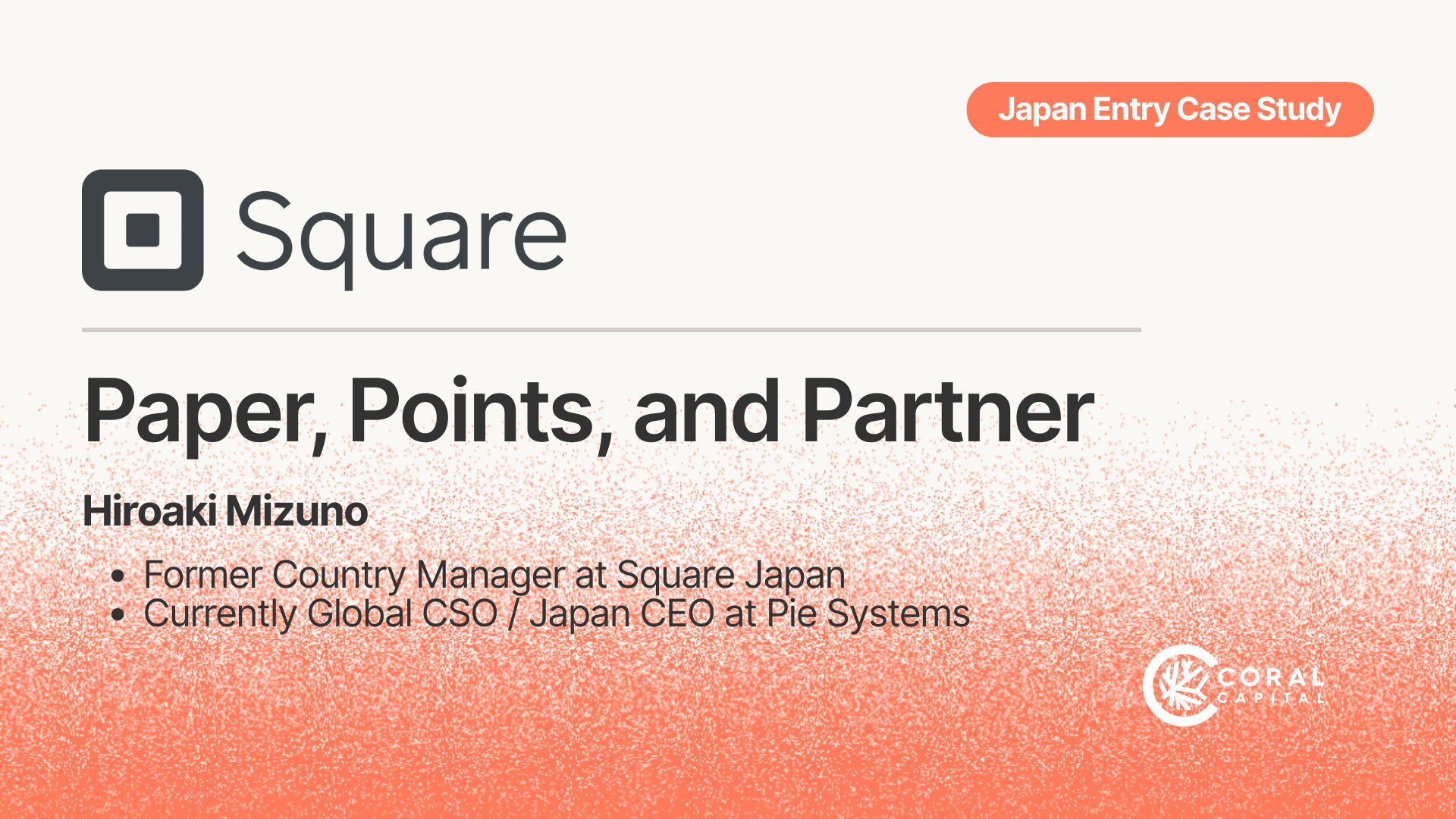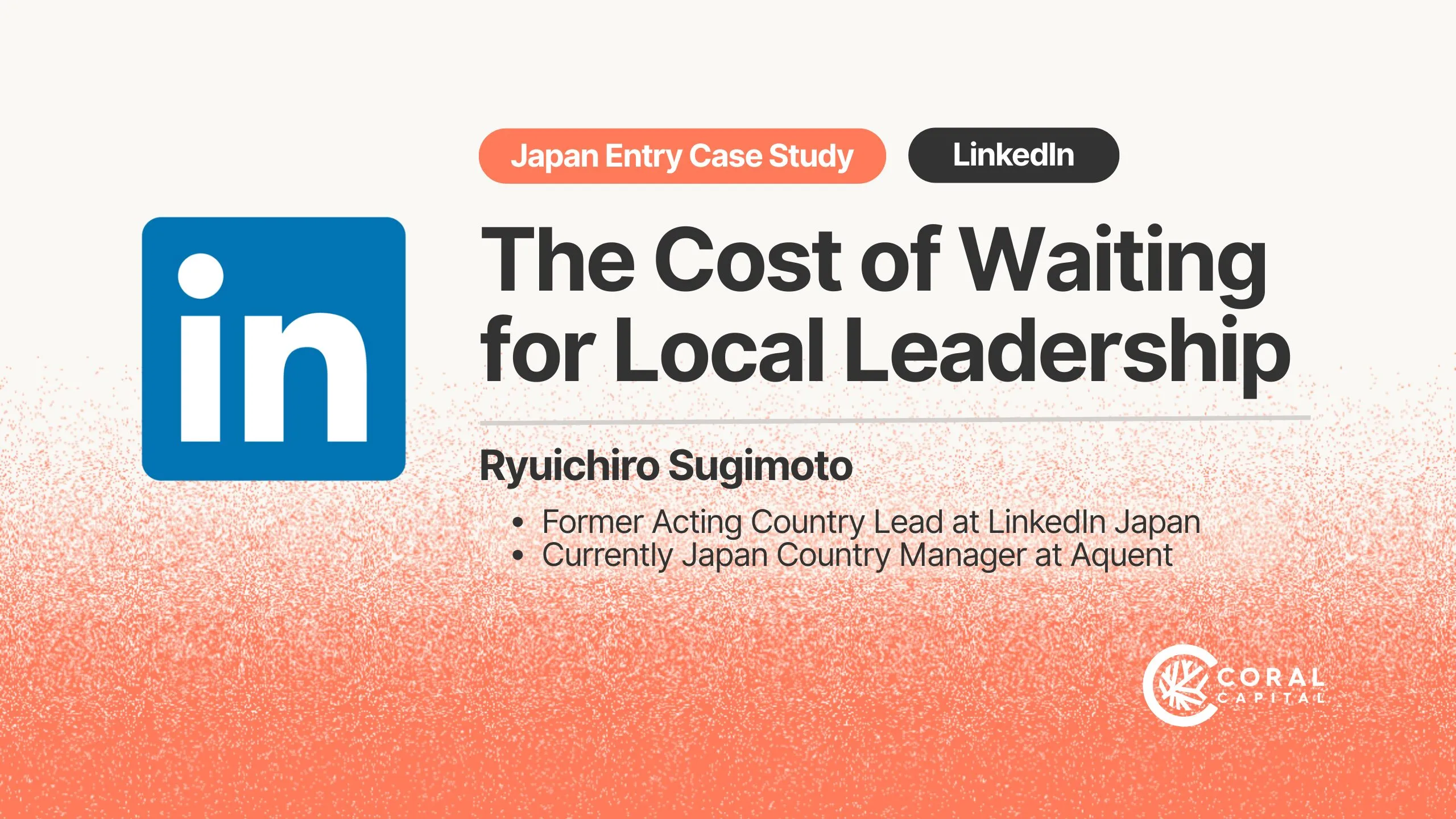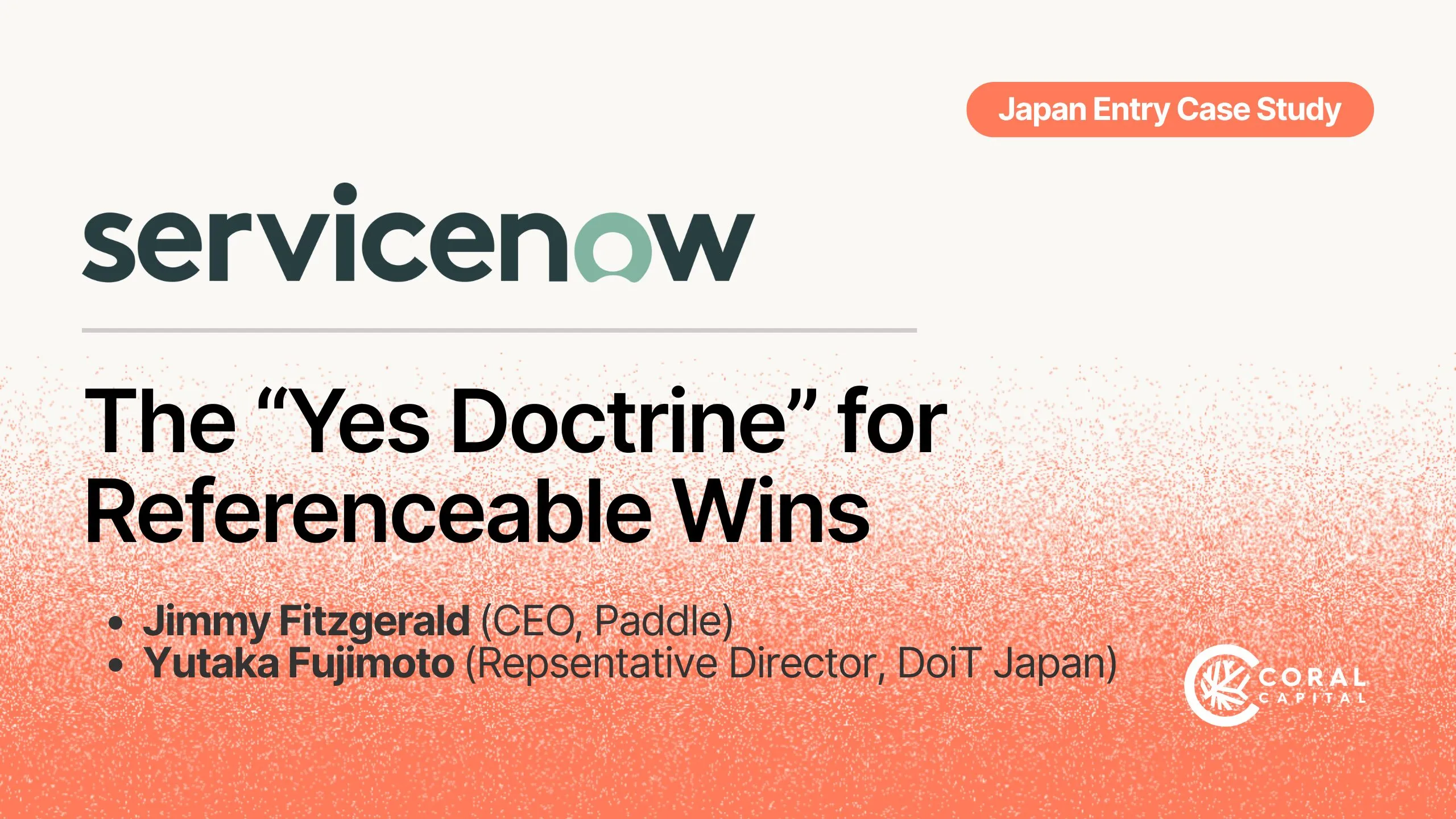The flight from Tokyo to Seoul takes about three hours—about the same time it takes to reach Okinawa from Japan’s capital. The proximity is not just geographical. The Greater Tokyo Area houses about 30% of Japan’s population, while the Seoul Capital Area is home to a staggering 50% of South Korea’s. These metropolises are not merely the Silicon Valleys of their respective nations; they are also their Washington D.C.s, Hollywoods, and New Yorks rolled into one.
The homogeneity within these urban hubs simplifies marketing strategies. Millions of residents consume similar content, lead comparable lifestyles, and share common values—a stark contrast to the diverse demographics and languages found in the US, China, or India.
Furthermore, virtually every major corporation and investor in Japan and South Korea maintains a significant presence in Tokyo and Seoul, respectively. This concentration means that by focusing on either city, a startup can reach almost every industry in the country. The proximities between the two nations, whether geographical, cultural, or structural, present tremendous opportunities for startups in both countries.
Despite these striking parallels, Japan and South Korea’s startup ecosystems have remained largely separate, partly due to historical tensions. However, a generational shift is underway. The Economist recently reported on changing attitudes among young Koreans and Japanese. According to studies, over 45% of South Koreans aged 18-29 have a positive impression of Japan, compared to just over 20% of those over 50. The sentiment is reciprocated: 45% of young Japanese view South Korea positively, versus 35% of their elders.
This warming of relations extends beyond mere statistics. South Koreans constituted the largest share of foreign visitors to Japan last year, with Japanese visitors topping the list in South Korea. Cultural cross-pollination is evident: many Japanese are enamored with K-pop, K-dramas, and Korean cuisine, while many Koreans are fans of anime, manga, and Japanese food.
For startups eyeing global expansion, the allure of massive markets like America, India, or China is undeniable. Yet these distant shores present formidable challenges: vastly different business cultures, regulatory environments, and consumer behaviors. In contrast, a Japanese startup venturing into South Korea—or vice versa—might find the journey less daunting. The minimal time difference allows for seamless communication, not to mention that many Koreans can understand Japanese, and vice versa. Cultural “common sense” is also much more similar than either side might admit, potentially yielding faster results than navigating the interoperability challenges of drastically different cultures.
The potential benefits of closer cooperation are manifold. Both countries have fostered robust startup ecosystems in recent years, with government initiatives actively supporting startups and encouraging collaboration with established corporations. By conquering both Japan and Korea, startups could leverage the combined market of over 175 million people. The combined GDP would be about $6 trillion, making a hypothetical Japan-Korea economic bloc the third-largest economy in the world, behind only the United States and China.
For entrepreneurs in Tokyo and Seoul, the message is clear: the next big opportunity might be just a short flight away.






